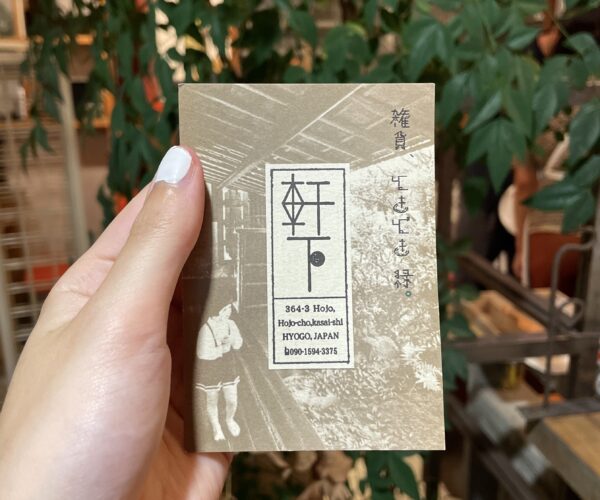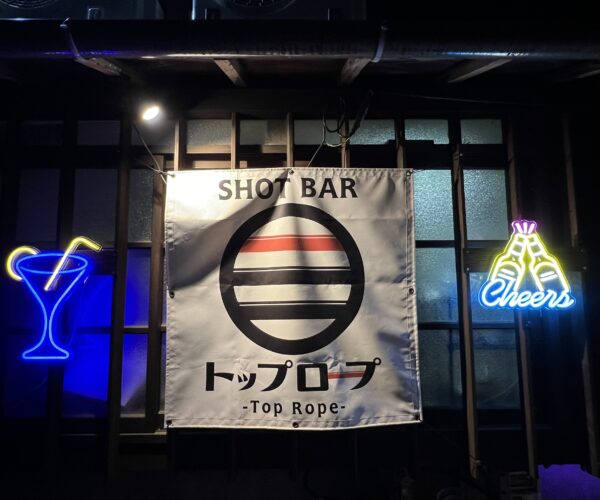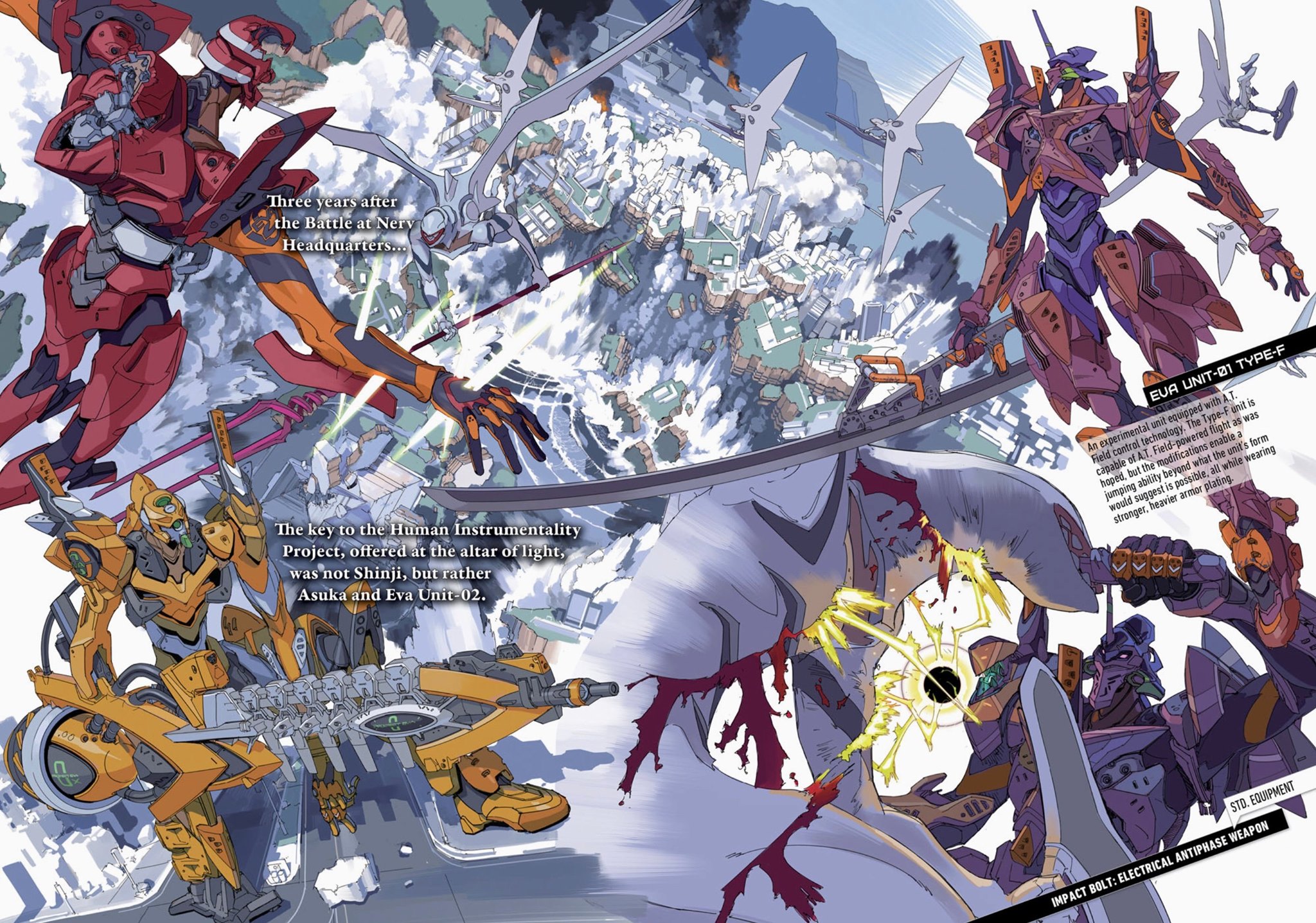This article is part of a web original series
Marco Cian (Hyogo)
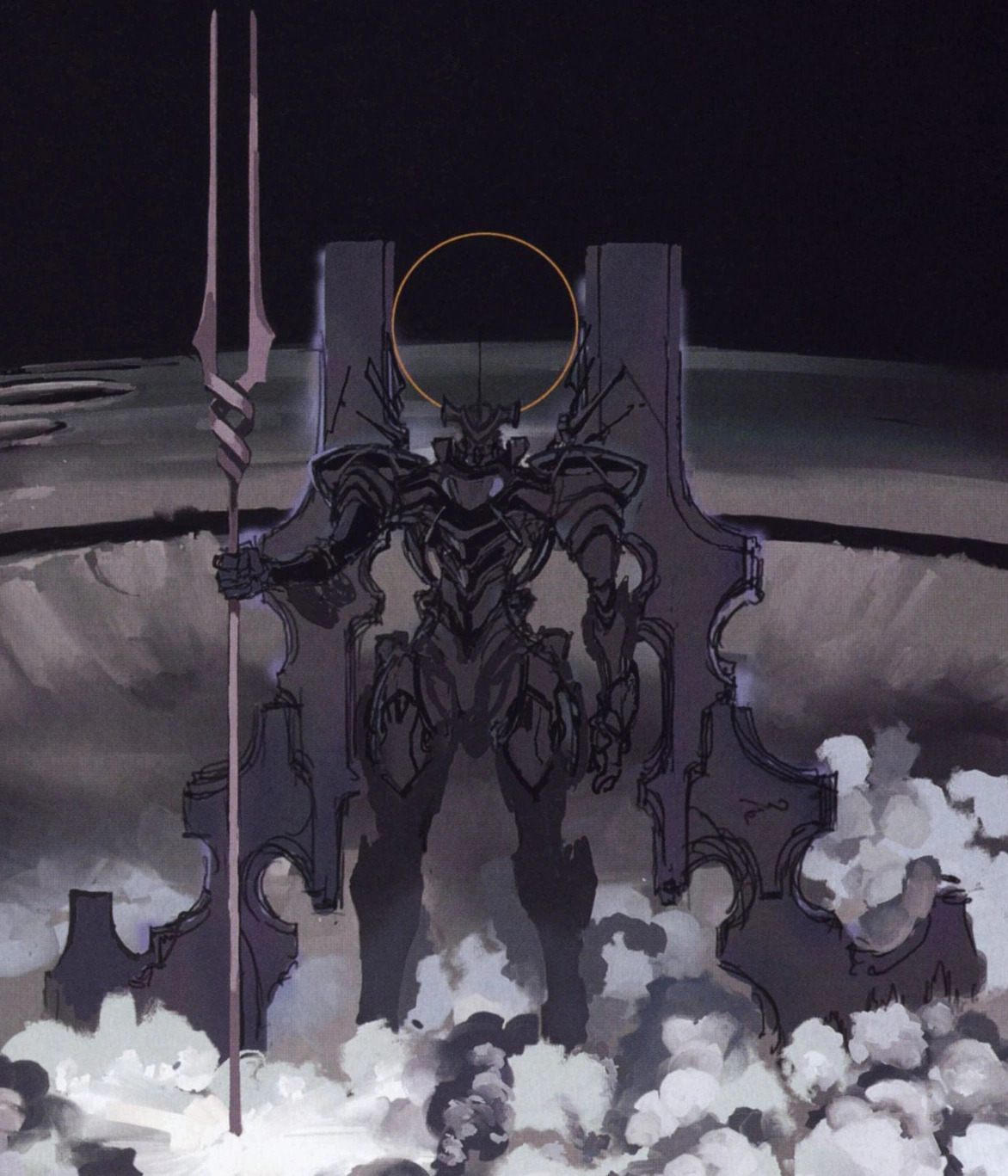
Wait.
Wait.
WAIT.
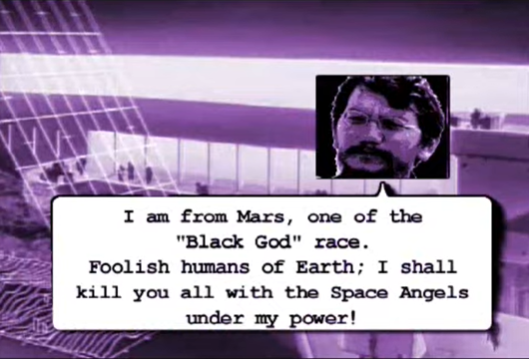
IT WAS A JOKE!!!
It was supposed to be a joke about the sort of idiotic enemy a studio would foist upon the production staff if they were forced to do a second season of NGE! You weren’t supposed to actually do it! NOOOOOOOOOOOOO!!!
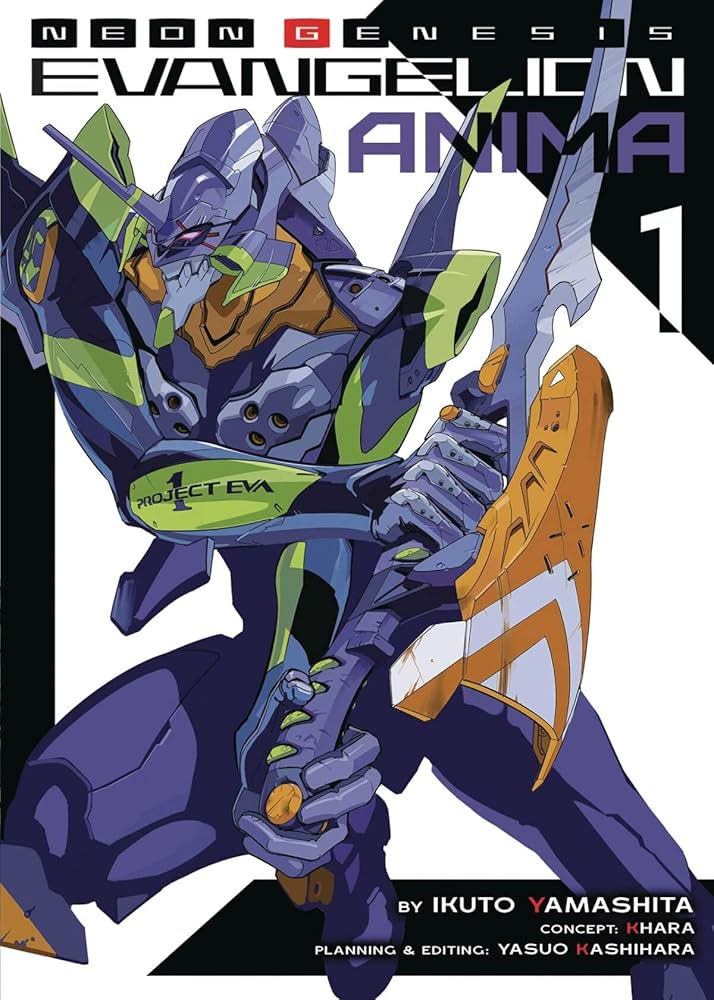
Neon Genesis Evangelion: ANIMA
Okay, so, given the sheer cultural impact Neon Genesis Evangelion had, it makes perfect sense that in the late 2000s, when light novels were really starting to take off, that Khara would get in on the action with their trademark IP. And as far as Evangelion spinoffs go, this one has a pretty novel plot. Set in a world where Instrumentality was averted, three years have passed since the events of EoE were prevented, and while the earth is at peace, all is not well. Without the Angels to fight, NERV’s possession of the Evas has become a much more contentious issue, with the various nations of the world scrabbling in an arms race to fill the Eva gap. And while Shinji has grown up to be a promising young man, his relationship with Rei has grown colder. As Rei has grown up, and her resemblance to Yui has only grown greater, Shinji has put more and more distance between them.
The bitterness and resentment Rei feels towards Shinji’s pulling away eventually come to a head when one of the three psychically-linked clones of her (who now orbit the planet in Eva units to prevent any future Angel attacks) goes berserk, spewing forth all the bile and anger Rei has been suppressing for years and rocketing out of orbit with the intent of landing directly on top of Shinji. While Shinji and Asuka are able to stop the Rei clone from totalling NERV HQ, the MP Evas who were thought killed years ago spring to life in the presence of the Rei clone, and Shinji is seemingly killed in action.
Obviously he gets better, he’s the protagonist after all, but the thing that drew me into the story was the relationship between Rei and Shinji. The question of how much a clone is a copy of their genetic donor and how much they are their own person is nothing new in science fiction, but because most Eva media either presents the status of Rei as a Lilith/Yui clone as a mystery to be revealed or removes it entirely from the plot’s equation, having a story where everyone knows Rei was made with Yui’s DNA, and having them come to grips with this, was a story idea I was really looking forward to seeing explored, especially when we see that part of Rei’s self-actualization process involves her grappling with frustration and resentment over people treating her differently, now that they know her genetic origins. She hasn’t changed, she’s still Rei. But people now regard her differently, and this eats at her. I wanted to see where the story went with this.
And then it turns out that the Rei clone was not actually expressing Rei’s inner resentment, but was rather possessed by the villain of ANIMA, Armaros. And this is where we begin to see the central issue of the novels.
When I found out that the author of these books, Ikuto Yamashita, is the lead mech designer of the Eva franchise, I jokingly thought to myself “Heh. I’ll bet what happened is that someone from on high went to him and said ‘Hey, Yamashita. You’ve been good to us all these years, so we’re gonna give you your own storyline to play with. Have fun!’, and then he went ‘Wowzers, really!? OMG, I’m gonna make sooo many new awesome robot designs! And then I’m gonna have ‘em fight each other and there’s gonna be huge explosions and it’s gonna be awesome! Yippee!’” And then in the postscript of the first book Yamashita says that’s exactly how the series came about.
Admittedly in the same postscript, Yamashita admits that he never actually expected to write the books. He assumed at first that they simply wanted him to design new mechs and come up with a basic plot outline. But then at some point they foisted the writing duties onto him, even though he was reluctant to take up the task. The postscript begins with him saying “My vocabulary is somewhat lacking, and I’m sorry that I occasionally repeat similar expressions.” The middle is mostly him admitting that he’d never written before, some might say he didn’t write during, but, uh, those would be… unkind people. He did his best. And the end even has him credited as “Evangelion Mecha Designer”, as opposed to, y’know, the author! It’s like no-one at any point in the publication process believed Yamashita was qualified to pen a novel series. And while it makes me feel like I’m kicking a puppy to say so, I can see why that would be. These books are terrible!
See, if you’ve listened to After the End, you know that, like ANIMA, it takes place in a hypothetical “Season 2” of the NGE show. And you’ll also know that, like ANIMA, the villain of the piece is a Black Space God, who commands the Angels from on high. But the whole point of the Black Space God in After the End was to show how silly/stupid such an idea was. You weren’t supposed to see him as a serious threat because you weren’t supposed to take him seriously. The light novels for some reason though decide to take this idea and play it decidedly straight.
It’s like if someone saw Poochie the Rocking Dog and thought “What a great idea!” without realizing that Poochie is the butt of the joke. And if the author of these books also wrote them in Poochie’s feces. Okay, fine, maybe that’s a bit unfair, but I can’t just ignore this. The prose of ANIMA is absolute dogshit. Expositionese abounds. Pacing is terrible. Characters all sound the same. Sentences are flat and simple. Paragraphs are weirdly divided. Vocabulary is bizarre and sometimes impenetrable. The pseudoscience jargon is nonsensical even by pseudoscientific standards. And the story will grind to a halt so that the text can gush over a sweet new mech design, or explain some worldbuilding detail from the show that readers would surely already know because who else is gonna pick up these books besides people who are already fans of Eva?
Those who have read my review of The Heavenly Sword remember that while I really liked the plot of that book, the prose was so Poughkeepsie it kept jolting me out of the story, because a book’s expression is just as important as its ideas. But while the prose in Sword is Poughkeepsie, the prose in ANIMA is… pooey. Like, I can’t think of a better term to describe it than that. Piers Anthony has better prose than this. Richard Laymon has better prose than this! And if your writing is worse than Richard Fucking Laymon, good GOD is it bad! Who signed off on this? Who looked at this and went “Yeah, good enough.”? Carl Gustav Horn would never have allowed this prose to see the light of day, and you can tell he wasn’t involved because Toji isn’t talking like a bad Bugs Bunny parody. The guy who did translate this, Nathan Collins, seems to have an impressive writing CV, far more impressive than Yamashita himself, but I just have to wonder, what was translating these books like? Who put their stamp of approval on this? I does is have to know! I probably never will, unless Collins is willing to be interviewed (unlikely since I just spent two paragraphs poo-poing his project’s pooey prose), but damn it, the question haunts me!
Alright, says you. So the prose is bad. But maybe Yamashita is an ideas man. There are loads of creative people out there who aren’t that good at expressing their ideas in a coherent story, but the ideas themselves are really cool. Interesting failures can be just as entertaining as successful schlock, and you yourself said that this is certainly one of the more interesting takes on the Eva IP. The Eva wiki has an extensive summary of the story, so if I read that will I at least be able to imagine a cool narrative?
Well… maybe? One of the problems is that oftentimes the actual books read like wiki summaries, but leaving that aside, while you will probably get a better understanding of the basic plot of ANIMA, said plot quickly becomes so bizarre and bewildering that as I myself read the wiki summary I found my reaction to be somewhere between that of David Duchovny and Gillian Anderson when having the X-Files finale explained to them. The plot really is basically just Yamashita going “Okay, but what if we got an even bigger, badder robot, and then they fought, and then some other cool stuff happens!” again and again until they defeat the biggest, baddest robot of them all, the Black Space God Armaros himself! And, uh, yeah, that’s about it.
As a chapter in the wider Evangelion franchise, ANIMA is certainly interesting. But as a series on its own, it’s terrible. Please, dear god, don’t read it. Check out the wiki summary. Watch a Youtube video discussing it. Read pretentious bloggers and what they have to say on the series. But just. Don’t. Read it. There are far more light novel series out there that won’t give you such a headache, and are much more worth your time than this… Poochie poo.
It’s shit. Don’t read it. I beg you. I’m out. I need a palate cleanser.
Marco Cian is a second-year ALT in Hyogo. You can read more of his stuff (including this series) on his website here.

